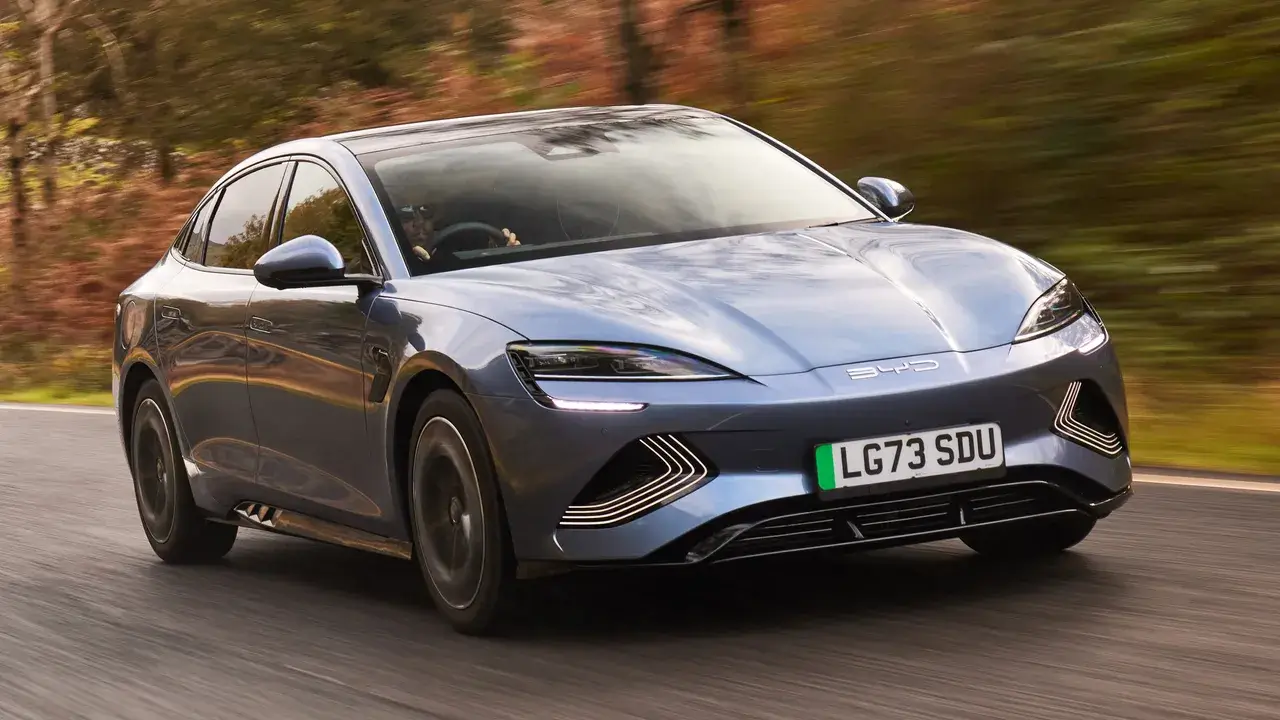Brazil's automotive landscape is undergoing a significant transformation, with Chinese electric vehicle (EV) giant BYD strategically positioning itself to capitalize on the growing demand for EVs and fill the void left by Ford's exit from local manufacturing. This move reflects BYD's global ambitions and Brazil's increasing importance as a key market for electric mobility.
Ford's decision to cease manufacturing in Brazil in 2021, after more than a century of presence, was influenced by factors such as declining sales, the economic impact of the COVID-19 pandemic, and rising costs. The closure of Ford's plants in Camaçari, Taubaté and Horizonte resulted in thousands of job losses and a disruption to the local automotive industry. BYD recognized an opportunity to step in and revitalize the region. BYD acquired Ford's former facilities in Camaçari, Bahia state, with plans to establish its largest plant outside of China. This move is expected to bring well-paying jobs and a brighter economic future to the area, which had been struggling since Ford's departure.
BYD's commitment to Brazil goes beyond simply filling a manufacturing gap. The company is making substantial investments to establish a comprehensive EV ecosystem in the country. In March 2024, BYD announced an increase in its investment in the Brazilian plant by over 80%, raising it from BRL3 billion (US$602 million) to BRL5.5 billion. This investment aims to accelerate construction and commence operations, with an annual production capacity of 150,000 hybrid and battery EVs. The plant is slated to be the automaker's first production base outside Asia.
Moreover, BYD is strategically securing its supply of lithium, a crucial component in EV batteries. In late 2023, BYD acquired mineral rights for two plots in Brazil's lithium-rich Jequitinhonha Valley, also known as "Lithium Valley," through its subsidiary, Exploracao Mineral do Brasil. This move aligns with BYD's vertical integration strategy, ensuring a stable and cost-effective supply chain for its EV production in Brazil. The proximity of the mining sites to BYD's new EV manufacturing complex in Bahia, approximately 825 kilometers away, further underscores the strategic importance of this acquisition.
The Brazilian EV market is experiencing rapid growth, with sales jumping 85% in 2024 to over 170,000 units, including fully electric and hybrid vehicles. This accounted for about 7% of new car sales in the country. BYD is leading this surge, with seven out of ten EVs sold in Brazil being from the brand. In major cities like São Paulo and Brasilia, BYD cars and dealerships have become increasingly common. BYD's success in Brazil can be attributed to its focus on affordability and local production. Unlike Tesla, which faces price and infrastructure barriers due to reliance on imports and its proprietary Supercharger network, BYD is producing vehicles locally, reducing costs, and pricing its models to compete directly with traditional carmakers. The BYD Dolphin, for example, offers an affordable entry into the EV market compared to competitors. BYD has also been working with local authorities to expand charging infrastructure, making its EVs more accessible to urban drivers.
BYD's current models in Brazil include the BYD Dolphin and BYD Yuan Plus, which are well-suited to middle-class Brazilian buyers. The company's R$3 billion investment in the Bahia plant aims to produce 150,000 vehicles annually, including electric trucks, buses, and passenger EVs like the BYD Han and BYD Tan. BYD's commitment to local manufacturing, affordability, and infrastructure development positions it as a key player in Brazil's burgeoning EV market, potentially outpacing rivals and driving the country's transition to green transportation.
However, BYD's expansion in Brazil has not been without challenges. In December 2024, a raid led by Brazilian authorities rescued 163 Chinese nationals allegedly working in "slavery-like" conditions at the BYD site in Camacari. This incident led to postponement of the first production line and raised concerns about labor practices.
Despite these challenges, BYD's strategic investments and commitment to the Brazilian market indicate a strong belief in the country's potential for EV adoption. As Brazil continues to embrace electric mobility, BYD is poised to play a significant role in shaping the future of its automotive industry.

















